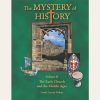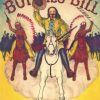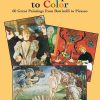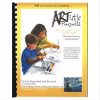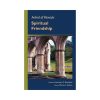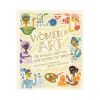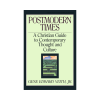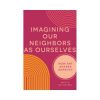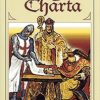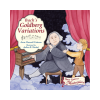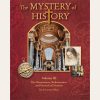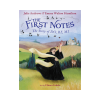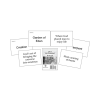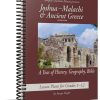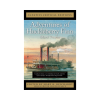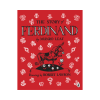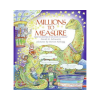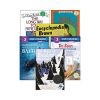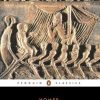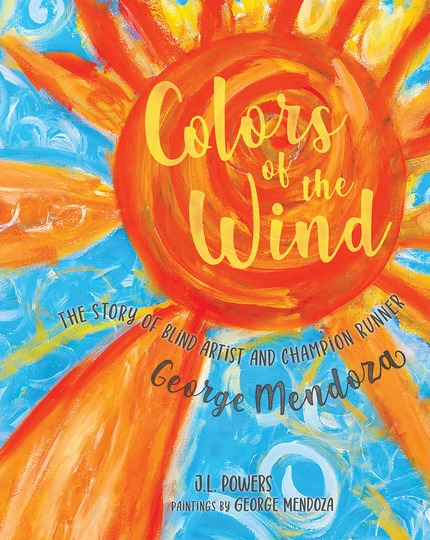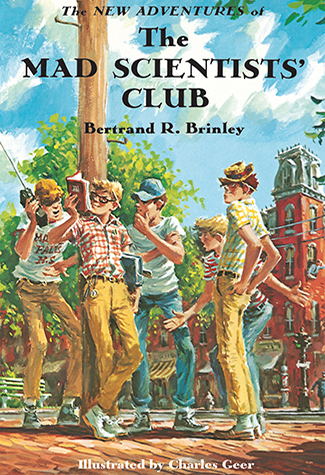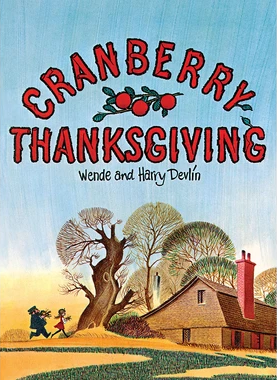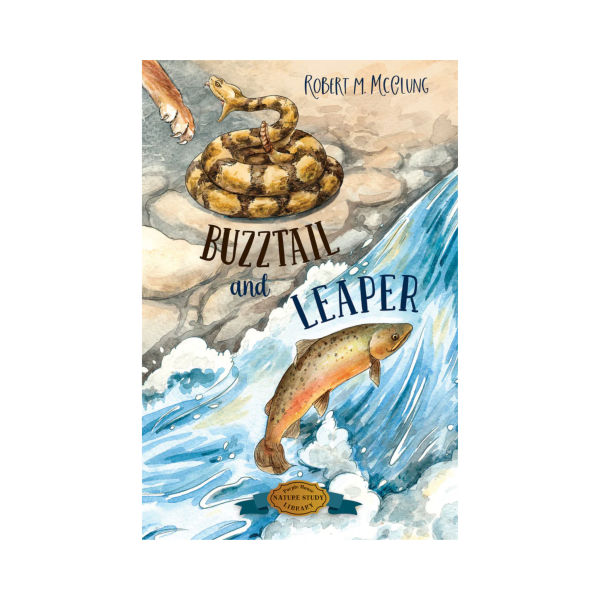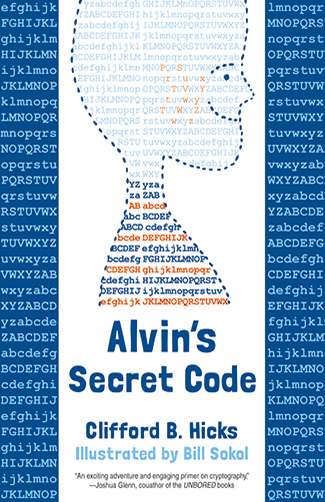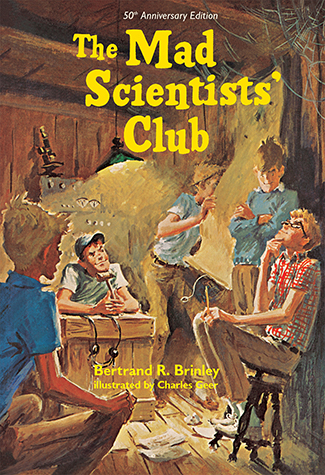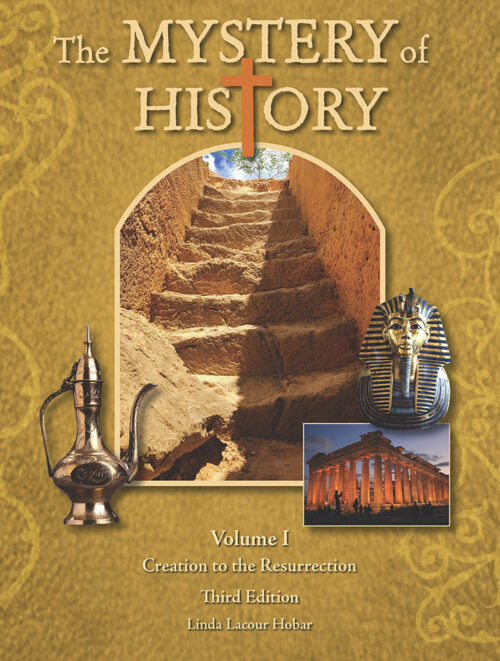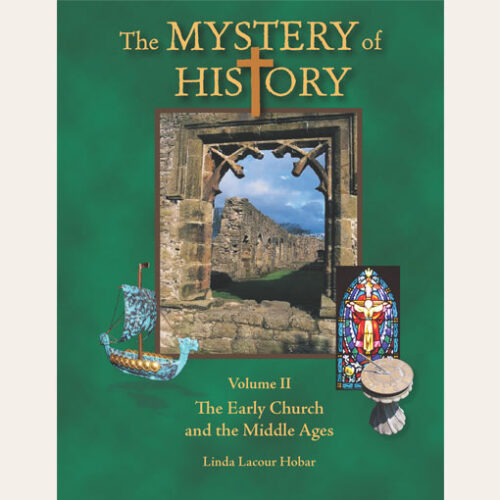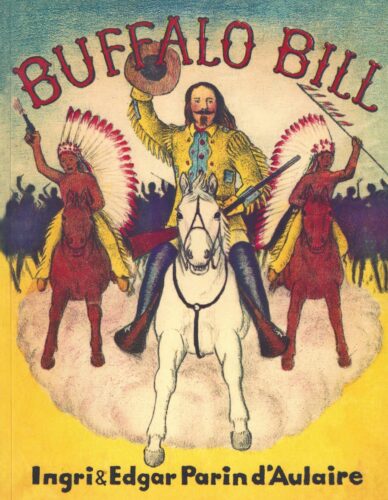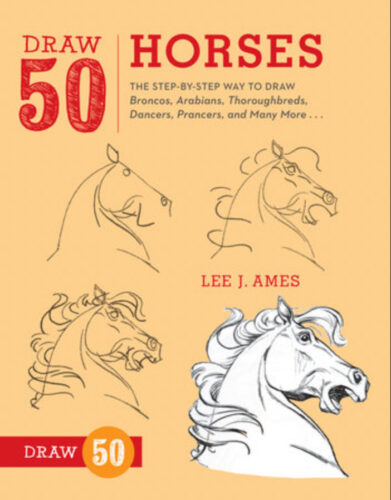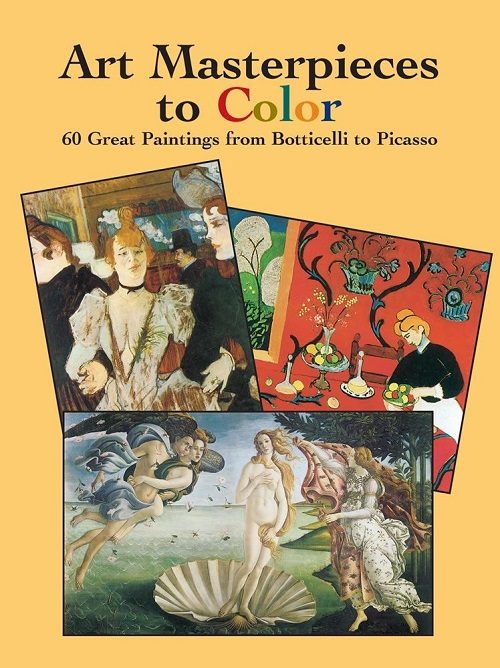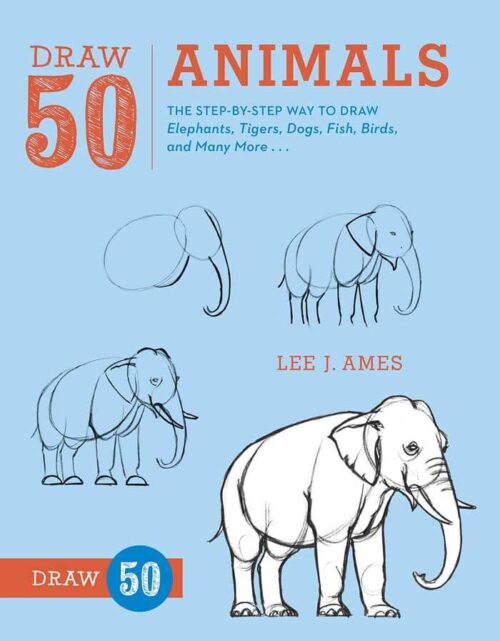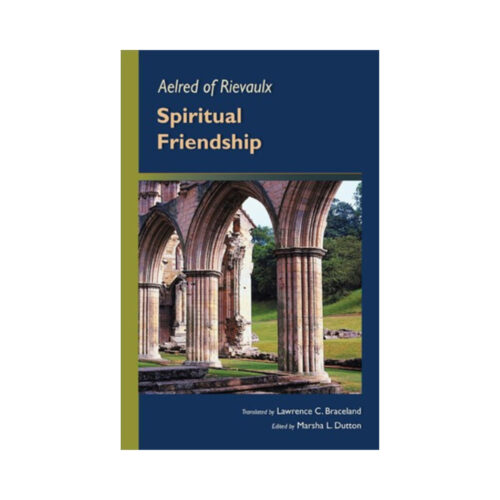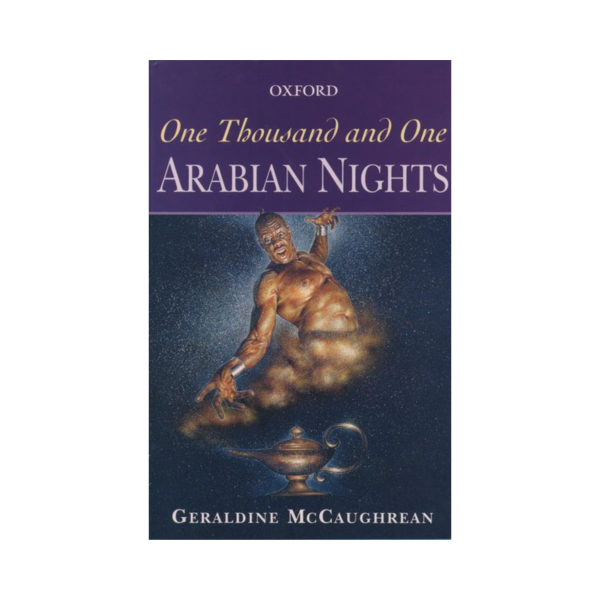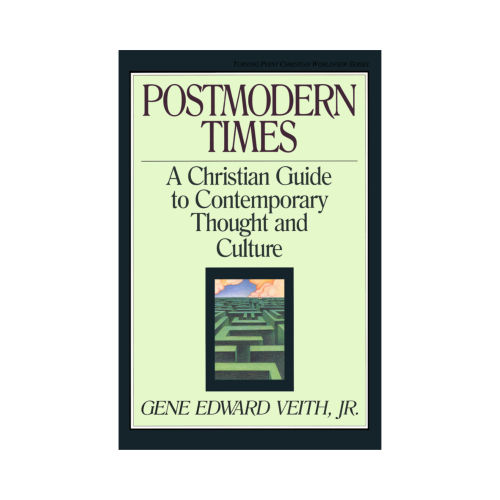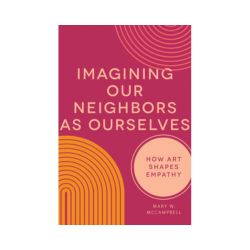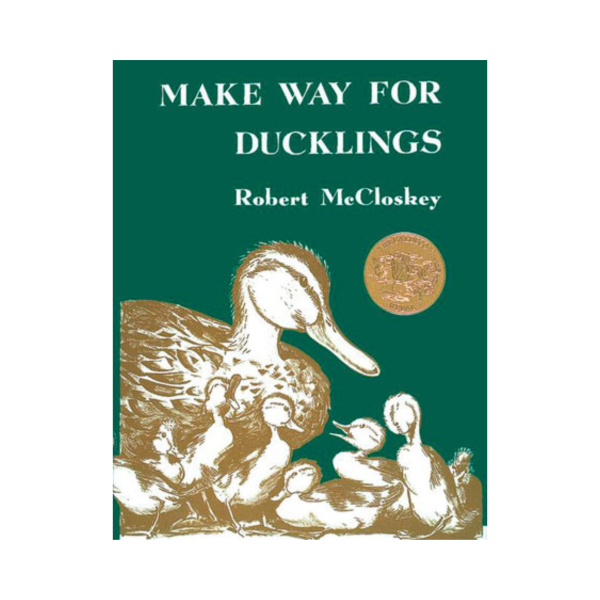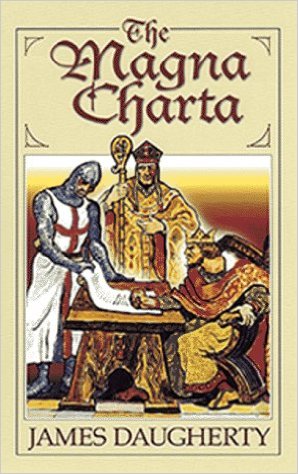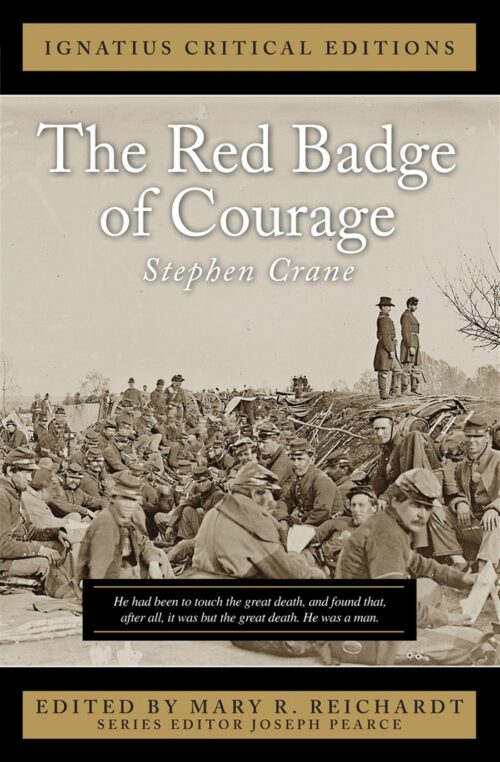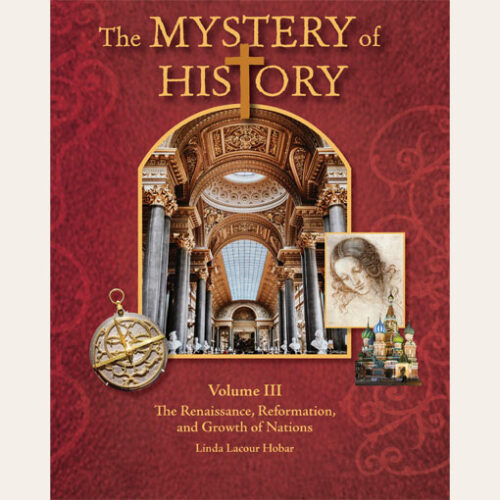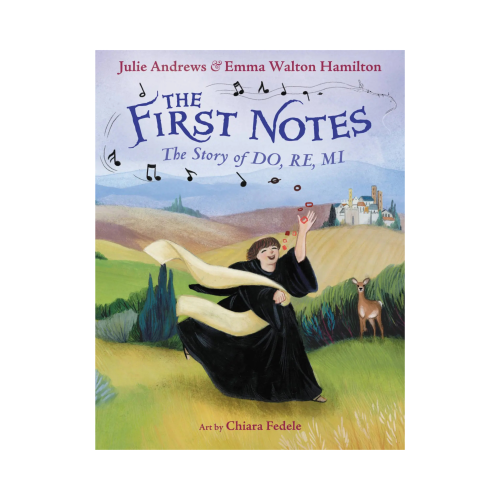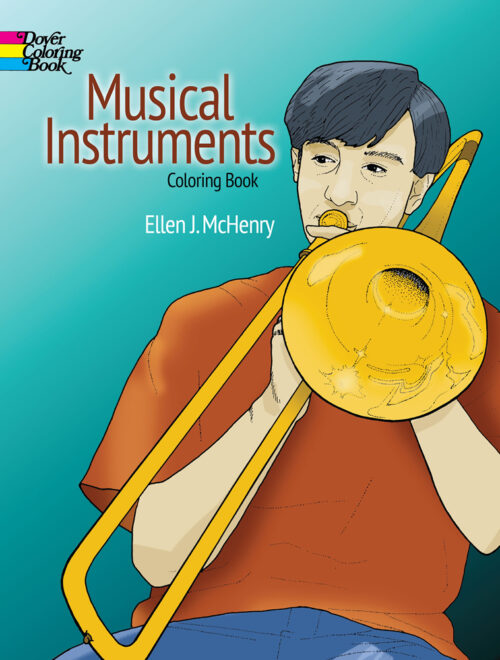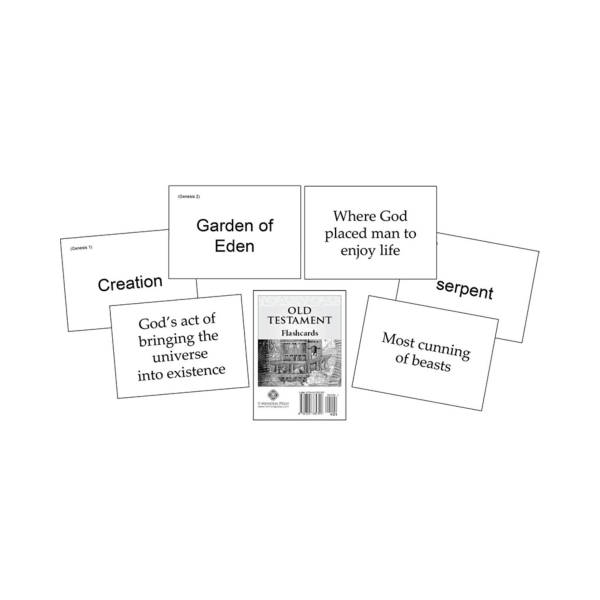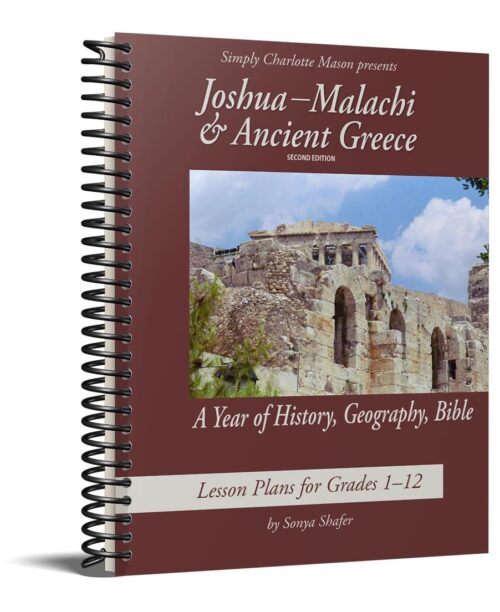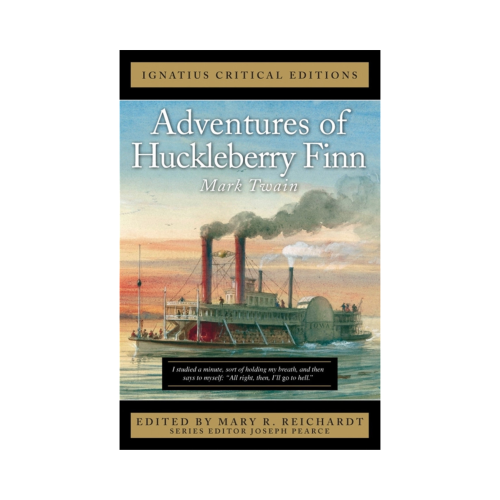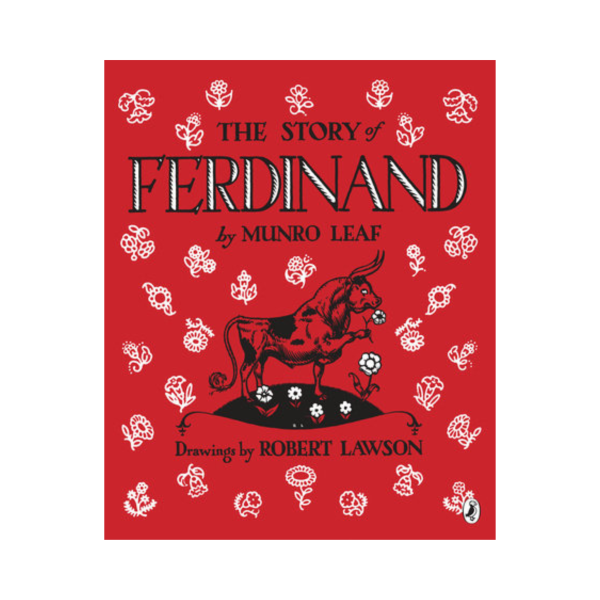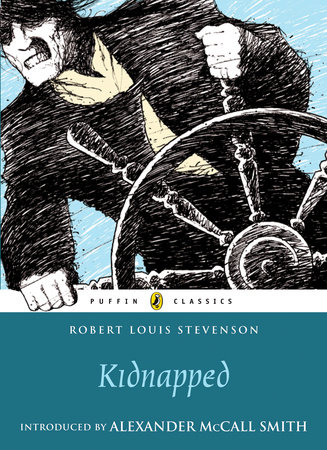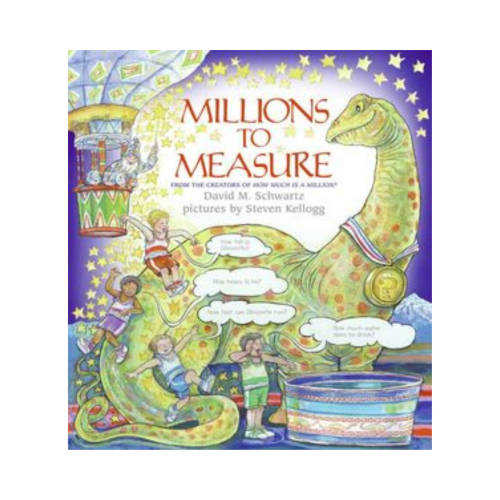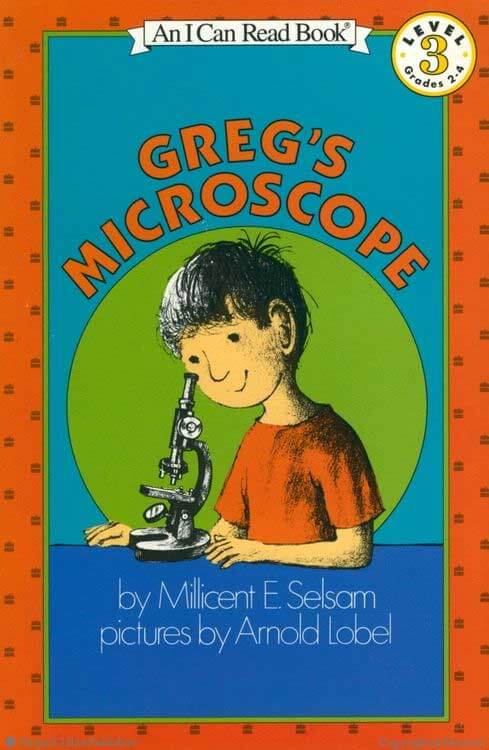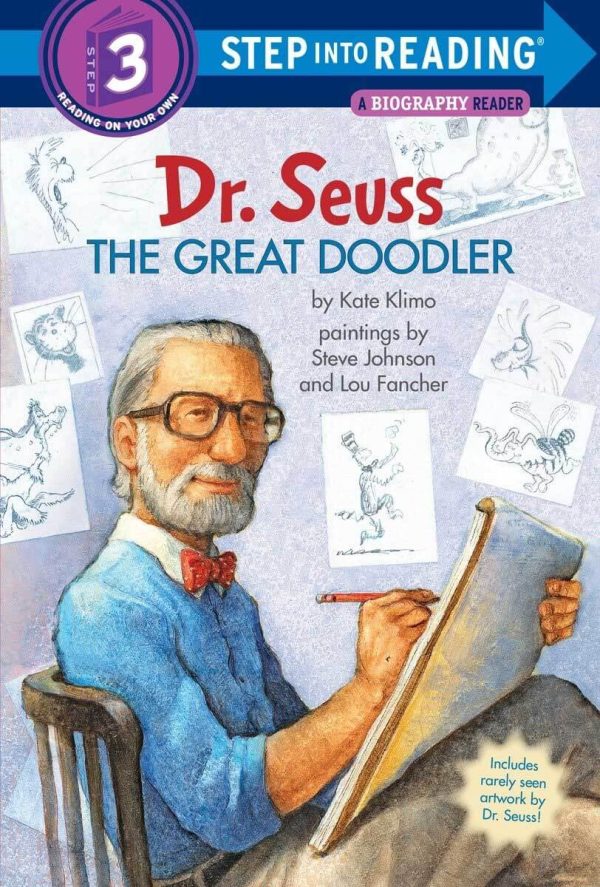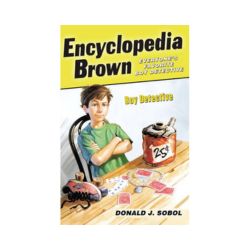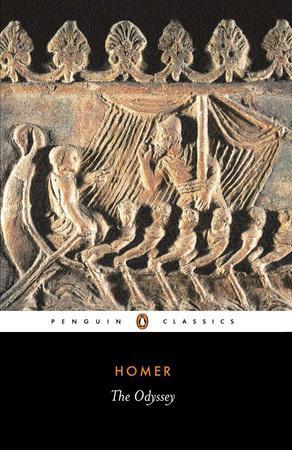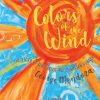-
The Mystery of History Volume I: Creation to the Resurrection - Textbook (Third Edition) $134.95 QTY: 2Quantity
-
Anno's China (Hardcover) $26.95 QTY: 2Quantity
-
Buffalo Bill $24.50 QTY: 2Quantity
-
Draw 50 Horses $11.99 QTY: 1Quantity
-
How to Draw Animals $8.50 QTY: 2Quantity
-
Art Masterpieces to Color: 60 Great Paintings from Botticelli to Picasso $17.50 QTY: 2Quantity
-
Singapore Essential Math: Kindergarten B - Textbook $17.95 QTY: 2Quantity
-
How to Draw Insects $8.50 QTY: 2Quantity
-
ARTistic Pursuits: K-3 Book Three - Modern Painting and Sculpture $76.95 QTY: 2Quantity
-
Chicken Soup With Rice $12.50 QTY: 1Quantity
-
Draw 50 Animals $13.50 QTY: 1Quantity
-
Spiritual Friendship $31.50 QTY: 2Quantity
-
Jane Austen Embroidery $34.50 QTY: 2Quantity
-
Exploring Arithmetic 3: Blacklines $9.95 QTY: 1Quantity
-
Women in Art $22.99 QTY: 2Quantity
-
One Thousand and One Arabian Nights $9.95 QTY: 2Quantity
-
Postmodern Times: A Christian Guide to Contemporary Thought and Culture $34.50 QTY: 2Quantity
-
Imagining Our Neighbors as Ourselves: How Art Shapes Empathy $38.95 QTY: 2Quantity
-
Make Way for Ducklings $14.99 QTY: 2Quantity
-
Life in the Word $25.50 QTY: 2Quantity
-
The Magna Charta $20.50 QTY: 1Quantity
-
The Red Badge of Courage $10.95 QTY: 2Quantity
-
Bach's Goldberg Variations $19.95 QTY: 2Quantity
-
The Mystery of History - Volume III: Companion Guide $67.50 QTY: 2Quantity
-
The First Notes: The Story of Do, Re, Mi $23.99 QTY: 2Quantity
-
Musical Instruments Colouring Book $8.00 QTY: 1Quantity
-
Old Testament Flashcards $20.95 QTY: 2Quantity
-
Joshua through Malachi & Ancient Greece $37.50 QTY: 2Quantity
-
Girls' Club $23.50 QTY: 2Quantity
-
Adventures of Huckleberry Finn $13.95 QTY: 1Quantity
-
The Story of Ferdinand $10.99 QTY: 1Quantity
-
Gridded Math Notebook 3/4" $11.95 QTY: 2Quantity
-
Kidnapped $10.99 QTY: 2Quantity
-
Millions to Measure $14.99 QTY: 1Quantity
-
4.3 Simply Classical Curriculum: Level 4 - Extended Literature Set
- Includes:
The Bravest Dog Ever: The True Story of Balto × 1
The Long Way to a New Land × 1
Greg’s Microscope × 1
Dr. Seuss: The Great Doodler × 1
The Bears on Hemlock Mountain × 1
Encyclopedia Brown, Boy Detective (Book One) × 1
Quantity -
The Odyssey $23.00 QTY: 1Quantity
Colors of the Wind: The Story of Blind Artist and Champion Runner George Mendoza
George was one of those kids. You know, the kind that never stays still. And then one day, the doctor said he was going blind. Did that slow George down? Not for a single second. In fact, he was so fast, he went on to break a world record for blind runners. And now he’s breaking more barriers—because ironically, George Mendoza, blind painter, paints what he sees.
George Mendoza started going blind at age 15 from a degenerative eye disease. It wasn't the sudden onset of blindness that many people experience. George lost his central vision and started seeing things that weren't there—eyes floating in the air, extraordinary colors, objects multiplied and reflected back. George describes this condition as having "kaleidoscope eyes." He triumphed over his blindness by setting the world record in the mile for blind runners, and later competing in both the 1980 and 1984 Olympics for the Disabled. Now a full-time artist, Mendoza's collection of paintings, also titled Colors of the Wind, is a National Smithsonian Affiliates traveling exhibit.
Black and white line drawings by Hayley Morgan-Sanders.
"The story of George Mendoza, told in J.L. Powers' beautiful, poetic language, is an illumination of the persistent power of art. Colors of the Wind reminds us all that our biggest burdens are often our greatest gifts." —Kathi Appelt, author of The Underneath
"May everyone who sees George Mendoza's art understand the lessons of determination and fortitude." —First Lady, Laura Bush
"So many of us are tempted to crumble under what we perceive to be unbearable burdens. It's an inspiration and a challenge to read about George Mendoza who has triumphed over that, and so much more." —Jane Seymour, actress
Powers traces the life of Mendoza, a blind painter, accompanied by Mendoza’s own striking paintings. As a child, Mendoza learned that he was losing his vision: “George didn’t lose all his sight, though. Instead, he started seeing flashing lights and brilliant colors even at night when he dreamed.” Despite the changes in his vision (an afterword describes his condition as “kaleidoscope eyes”), Mendoza discovered a love for running, twice competing at the Olympics. He then found his life purpose when he takes the advice of a priest to “paint what you see.” Reproductions of Mendoza’s bright, abstract paintings appear opposite the text and small line drawings of George running and interacting with others. —Publishers Weekly, 9-1-2014 Mendoza's paintings...extraordinary creations of color, reflecting the dazzling kaleidoscope inside his own head. Colors of the Wind us an uplifting and inspiring picturebook biography, highly recommended especially for public and elementary school library children's collections. —Midwest Book Review, January 2015 “When his best friend dies, Mendoza finds purpose in painting (with brushes or fingers) his kaleidoscopic perception; these paintings appear throughout the book. His heavy, bold streaks and swirls of color depict key events, focusing his story in ways the short sentences supplemented by Morgan-Sanders’ minimalist line drawings cannot; it’s hard to look away from a swarm of blurry butterflies or a basketball hoop painted like a blazing eye.” —Kirkus Reviews 'An incredible gift': Picture book tells story of Las Cruces artist George Mendoza. —The El Paso Times$20.50
Available in stock
Additional information
| Weight | .46 kg |
|---|---|
| Dimensions | 8 × 10 × .5 in |
| Author | JL Powers; George Mendoza |
| ISBN | 9781948959407 |
| Publisher | Purple House Press |
| Format | Paperback, Hardcover |


